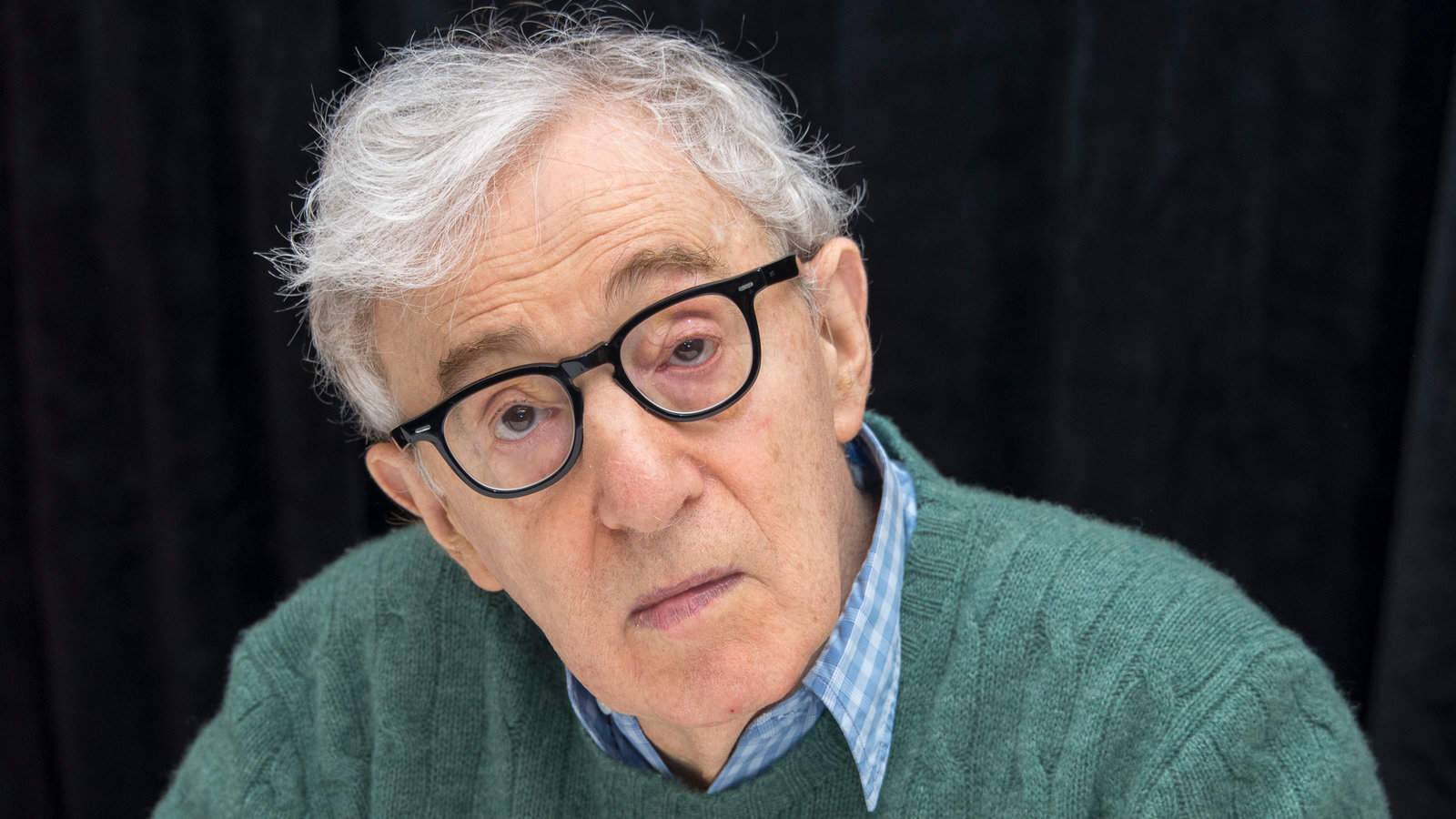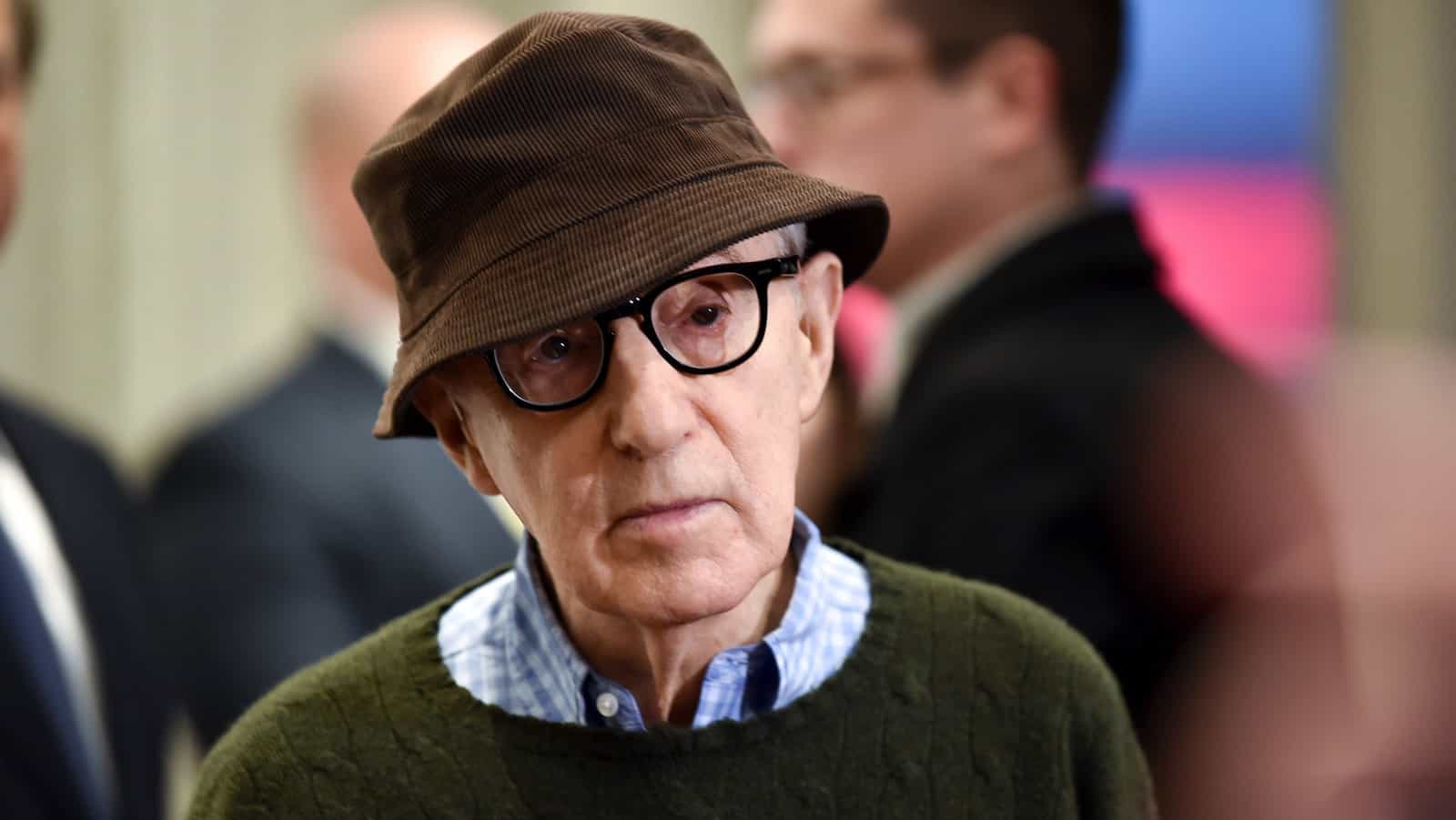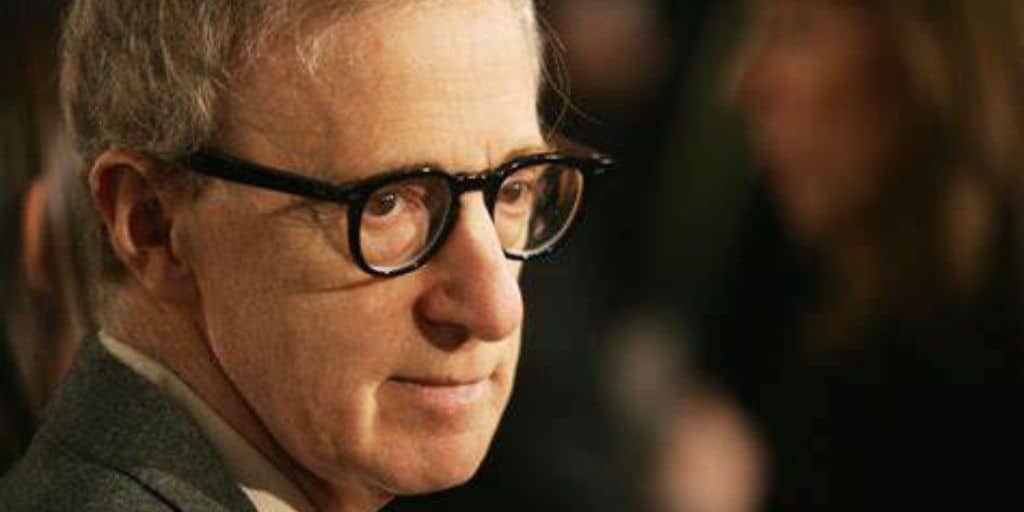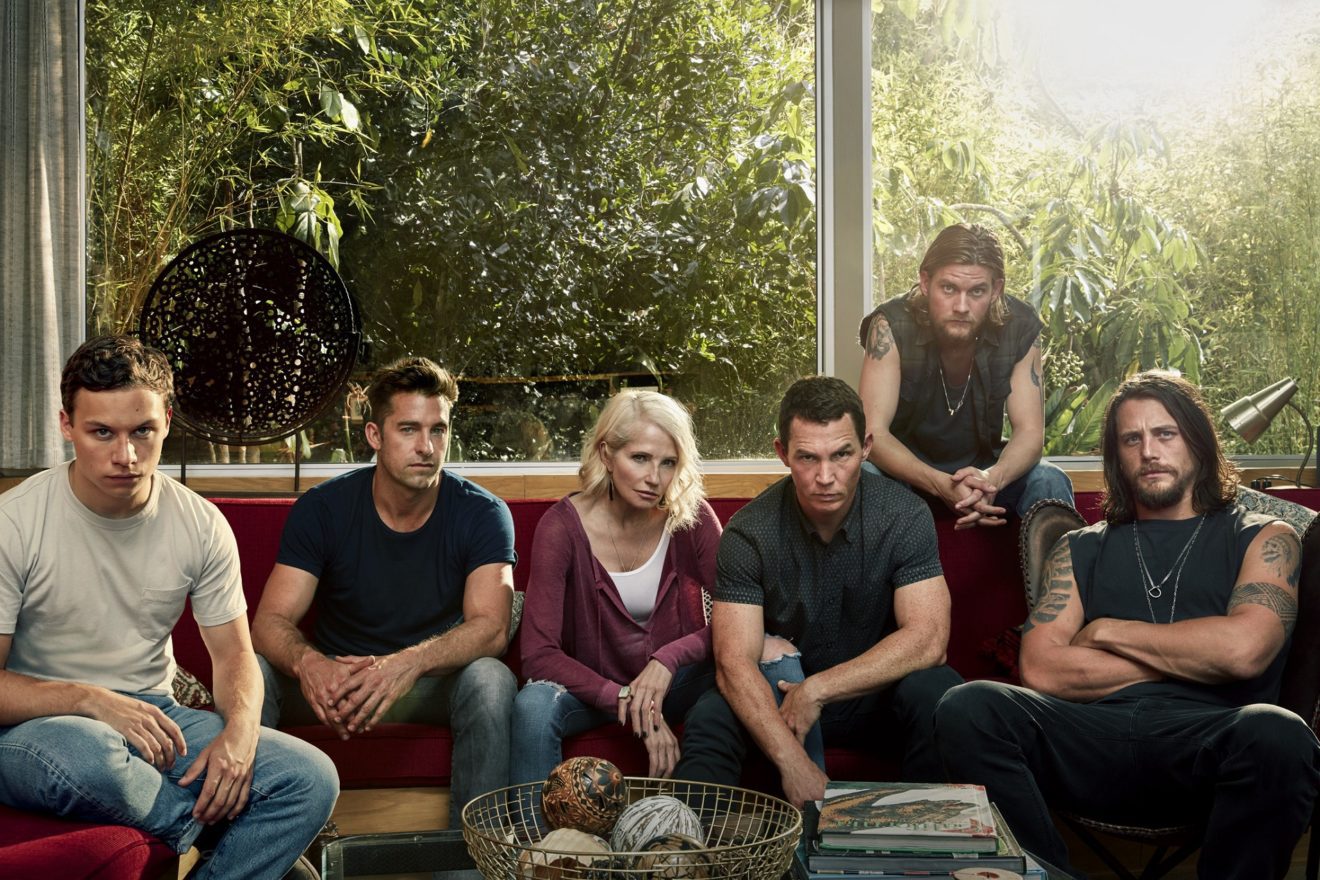Director Woody Allen, who was formerly regarded as one of the most important voices in American cinema, influenced the development of independent Western films in the late 1970s and early 1980s. In addition to helping launch the careers of many others, including Diane Keaton and Jeff Daniels, Allen won the Academy Award for Best Director for both Annie Hall and Hannah and Her Sisters.
In spite of this and his more recent success with movies like Midnight in Paris, Woody Allen is more known in today’s movie world as a contentious character because of the accusations of sexual misconduct made against him in the 1990s.
However, the history of these claims begins in 1980, when Woody Allen first got to know Mia Farrow, a well-known actress from films like The Great Gatsby and Rosemary’s Baby, who is also the mother of seven adopted and biological children.
Woody Allen was regarded as one of the top actors in the business at the time, having just starred in Annie Hall and Manhattan, which followed a forty-year-old man who falls in love with a high school girl.
Woody Allen Controversy
After starting to see each other, Allen and Farrow dated for 12 years, during which they raised Farrow’s children and finalized Dylan and Moses’ adoption in 1991. But the relationship ended abruptly and dramatically in 1992 when Mia Farrow found a stack of explicit nude pictures of her adopted daughter Soon-Yi Previn that the director had taken when she was staying at Allen’s residence.
Woody Allen was in his 50s, and Previn was only 21 when the pictures were found. Dylan Farrow, the adoptive daughter of Woody Allen and Mia Farrow, informed her mother about an alleged early-life molestation incident involving the filmmaker shortly after this finding, later in 1992.

In August 1992, Allen paid Dylan a visit at the Farrow family home in Connecticut, where he was accompanied by French tutor Sophie Berge, Farrow’s babysitter Kristie Groteke, and a friend’s babysitter Alison Strickland. Perceiving an irregularity in Woody Allen’s visit, Strickland reported to her employer that she had witnessed the father kneeling in front of Dylan, who was seven years old, with his head resting on her lap and facing her.
The little child also told her mother, Mia Farrow, who called her lawyer right after and sent Dylan to a neighbourhood paediatrician, where the child said there were no indications of abuse or spoken of it. Soon-Yi Previn, the daughter of Woody Allen and Mia Farrow, makes public their relationship shortly after these accusations, and the once-celebrated director is met with a barrage of negative press.
“This is an unconscionable and gruesomely damaging manipulation of innocent children for vindictive and self-serving motives,” Woody Allen said in characteristically methodical prose during a press conference to defend himself against the extremely severe charges of sexual assault.
The filmmaker went on to suggest that Farrow had encouraged Dylan to lie in order to punish Allen for his relationship with Soon-Yi Previn. This was a heinous card that is now popular but has been used in far too many child custody disputes. While effective at times, the tragedy of programming one’s child to cooperate is unimaginable.
The media frenzy subsided for a while, but on March 18, 1993, Allen announced that, following a months-long examination of Dylan by a team of medical professionals, no evidence of sexual molestation had been discovered. Mia Farrow testified before the New York State Supreme Court on March 26, a few days after this revelation, in relation to Woody Allen’s lawsuit seeking exclusive custody of their three children, Satchel, Dylan, and Moses.

Farrow recorded a rough edit of a private confession between herself and Dylan and said that Dylan had told her that Allen had assaulted her the summer before. She also argued that her little daughter didn’t want to notify the physicians about her abuse.
Alison Strickland, Kristie Groteke, and Sophie Berge were the three main witnesses called for the trial; they were all there when Woody Allen reportedly broke into the Farrow home and began abusing Dylan. The babysitter for Farrow’s kids, Groteke, testified that she was unable to find either Allen or Dylan for around twenty minutes in the afternoon of the event, presuming that they were both outside.
Although the director testified that he was in the restroom at this time, Sophie Berge, a French tutor, claimed to have seen Dylan that day without any underpants, and Strickland’s initial account of the occurrence remained the most compelling piece of evidence against Allen in the case.





